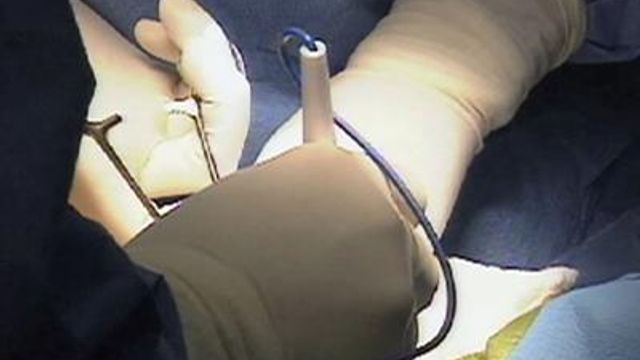Study: Gender match important for successful heart transplants
A study suggests that matching the gender of a heart donor with that of a transplant recipient may be important.
Posted — Updated“Two most important factors: One is the blood type – that must match. Second is body size. And then we look at the quality of the heart itself,” Dr. Katherine Lietz said.
Researchers reviewed over 18,000 heart transplant records and found that when donor sex was also matched, there was a 20 percent drop in the death-rate during the first year.
Women are most at risk when they receive hearts from a man, whose hearts are generally larger.
More than 2,000 heart transplants are done very year. The success rate is over 85 percent. Researchers aren't sure why gender matching is so important, aside from the size of the heart.
The donors themselves may be another factor. Male hearts tend to come from younger trauma victims, while female hearts come from older donors.
“Those hearts have been exposed, probably, to high blood pressure, a little higher cholesterol, over longer periods of time,” Lietz said.
Despite the study results, doctors say patients shouldn't wait for gender-matched donors.
“There are a lot of people awaiting heart transplantation and very, very few donor organs,” Lietz said.
The first heart transplant occurred in 1964 when a chimpanzee heart was given to a dying man. It beat for 70 minutes before failing.
The first successful human-to-human heart transplant in the United States happened four years later at Stanford University.
• Credits
Copyright 2024 by Capitol Broadcasting Company. All rights reserved. This material may not be published, broadcast, rewritten or redistributed.





